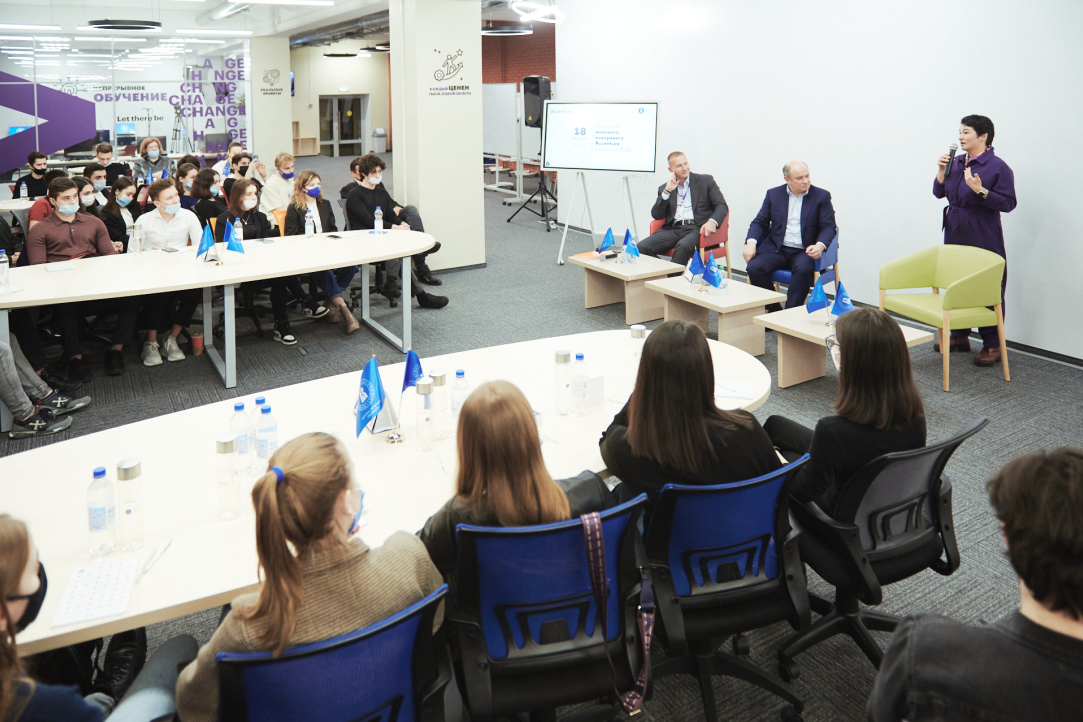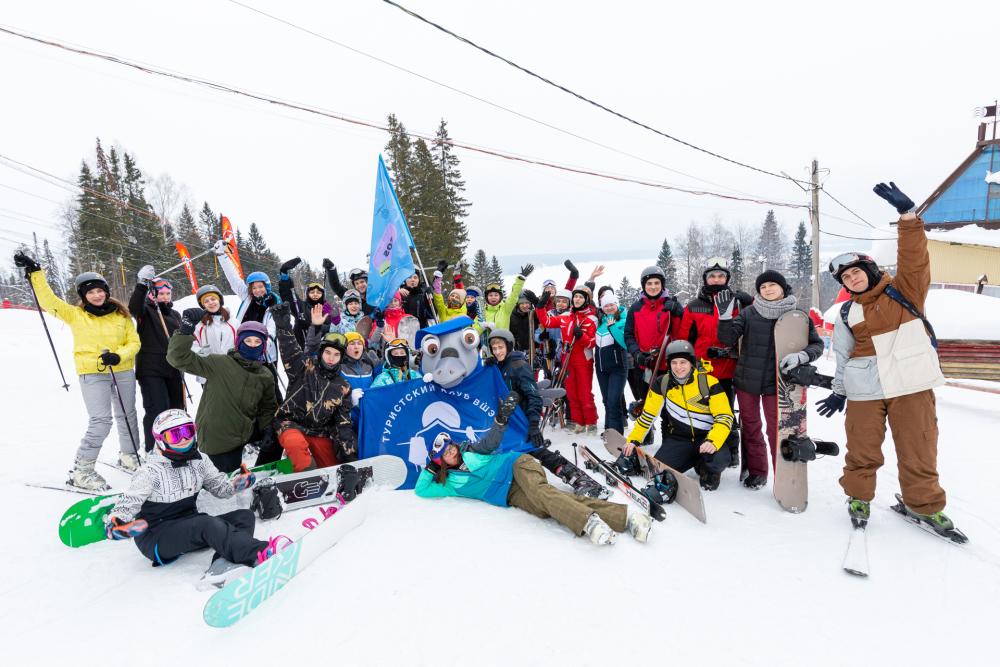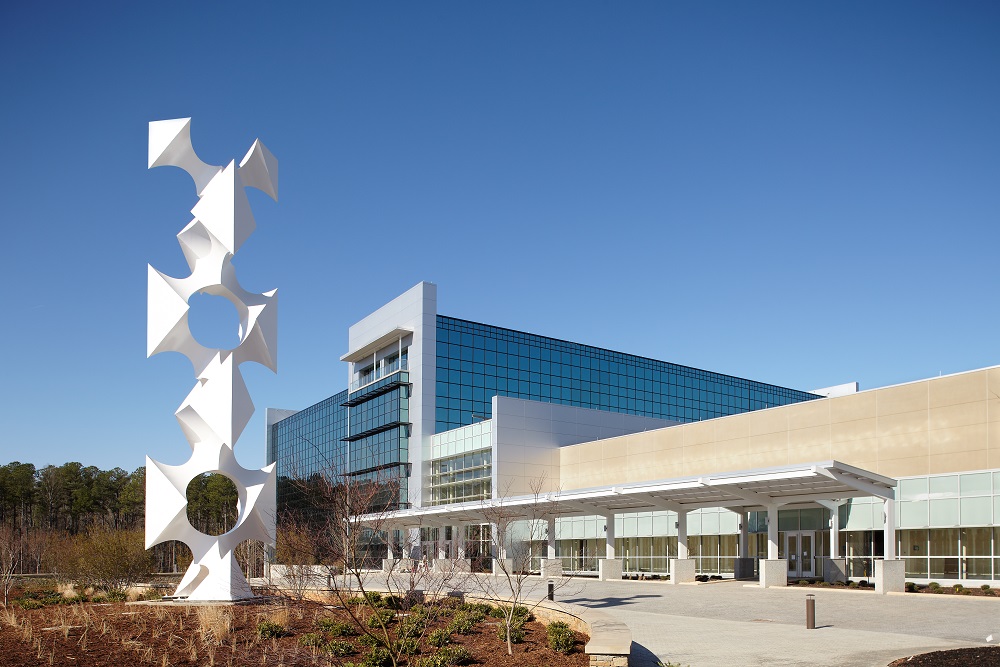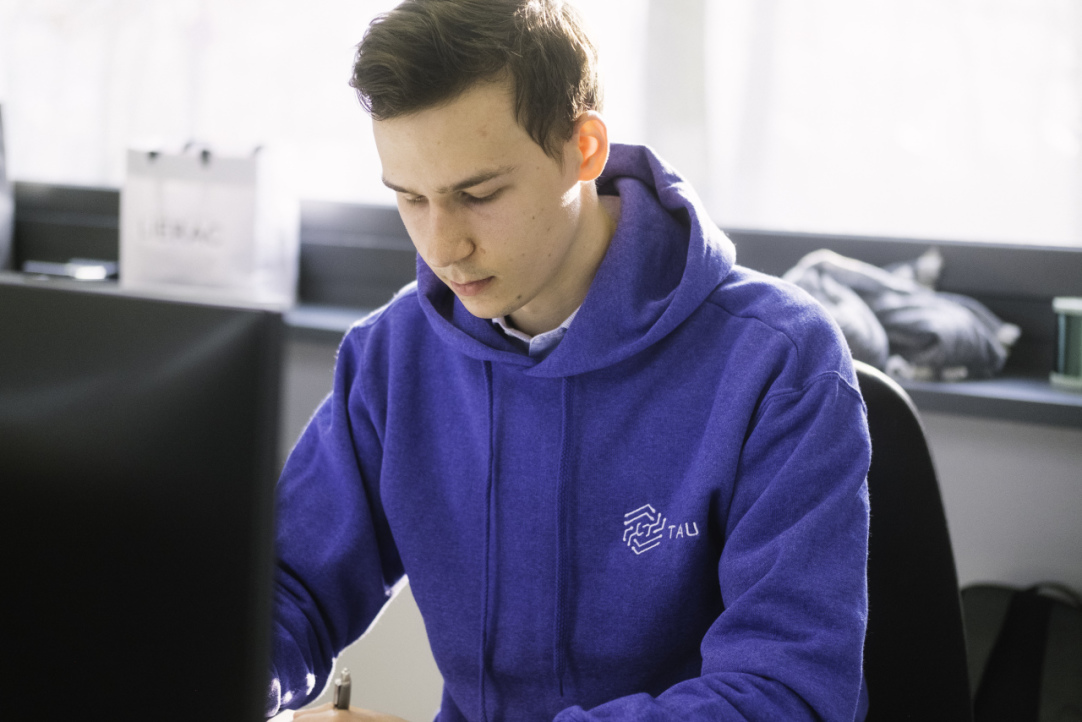
‘All Economics Students Should Learn to Program’
Yakov Barinskiy, who holds a bachelor’s degree from the International College of Economics and Finance (ICEF) at HSE, puts his degree in finance to good use in the field of crypto investment. His success running the HASH CIB crypto bank shows students that fundamental education in economics remains relevant even as fintech develops. In this interview with Success Builder, Mr Barinskiy explains why you should work in a good company before launching your own business and what the Russian authorities are doing to legalise digital assets.

Accenture Branded Coworking Area Opens at HSE Graduate School of Business
The grand opening of a new coworking area at the HSE Graduate School of Business took place in February. The 395 sq m area was renovated and equipped in line with the most recent trends in creative study areas in partnership with Accenture, one of the business school’s strategic partners.

Sustainability, Quality Innovation Culture, and Transition Economies Research at HSE University
Professor Dirk Meissner is Distinguished Professor, the Head of HSE ISSEK’s Laboratory for Economics of Innovation and the Academic Supervisor of the Master’s Programme in Governance of Science, Technology and Innovation. In this interview, he talks about the laboratory’s staff, upcoming research and conferences, and how the culture at ISSEK inspires creativity.

Stress Disorders More Prevalent among Doctors due to the Pandemic
Psychologists from HSE University have joined their peers from Ekaterinburg to look into the impact of the pandemic on the mental health of Russian doctors. They found that medical staff are suffering from stress, anxiety, and depression more often than before. The results of the study were published in International Journal of Environmental Research and Public Health.

Applications Open for 2022 Full-Tuition Doctoral Scholarships
International students interested in joining HSE University can apply for full-tuition scholarships from the Russian government. Applications for the 2022/23 academic year are open from March 1–11. We spoke to HSE University doctoral students about their work and about how scholarships have helped them pursue their research goals.

HSE University Holds School of Snow in Perm Region
On February 15–17, the Winter SOS (School of Snow) was held at the Zhebrei ski resort. The event was organised by the HSE Perm Tourist Club and the Student and Alumni Centre. In addition to learning to ski and snowboard, students from all HSE University campuses developed and defended projects focused on the development of domestic tourism in their regions. SOS participants shared their impressions with the HSE News Service.

HSE Faculty of Computer Science Organises Its First Software Engineering Winter School
From February 14–18, the HSE Faculty of Computer Science organised its first international winter school dedicated to software engineering. The event was supported by JetBrains, Innopolis University, and Schaffhausen Institute of Technology.

HSE University and SAS—Training Top Data Experts
In August 2018, the HSE Faculty of Computer Science launched a Joint Department with SAS, a world leader in analytics software. The Department’s objective is to provide better training for future data experts. The HSE News Service reports on the ideas that have come to fruition and how academic teaching is combined with hands-on training there.

HSE University Researchers Discover What Happens on the Bright Side of the Moon
Researchers from HSE University have developed a mathematical model that explains the levitation of charged dust particles over the sunlit lunar surface for almost any latitude. For the first time, the model takes into account the Earth’s magnetotail—a particular area around our planet. The research data is important for planning the Luna-25 and Luna-27 space missions. The study was published in Physics of Plasmas.

'Studying at LUISS Is a Good Test to See How Committed You Are'
Andrei Lukyanov enrolled in ICEF Master of Financial Economics programme in 2019. In his second year, Andrei went to LUISS University in Rome as a double degree student. Currently a financial analyst at TAU Group, the Italian-Russian engineering startup, Andrei speaks on how to prepare for the career as a quant, the opportunities that come with studying abroad, and what duties the financial experts have in e-mobility.


Submission deadline: April 6, 2025